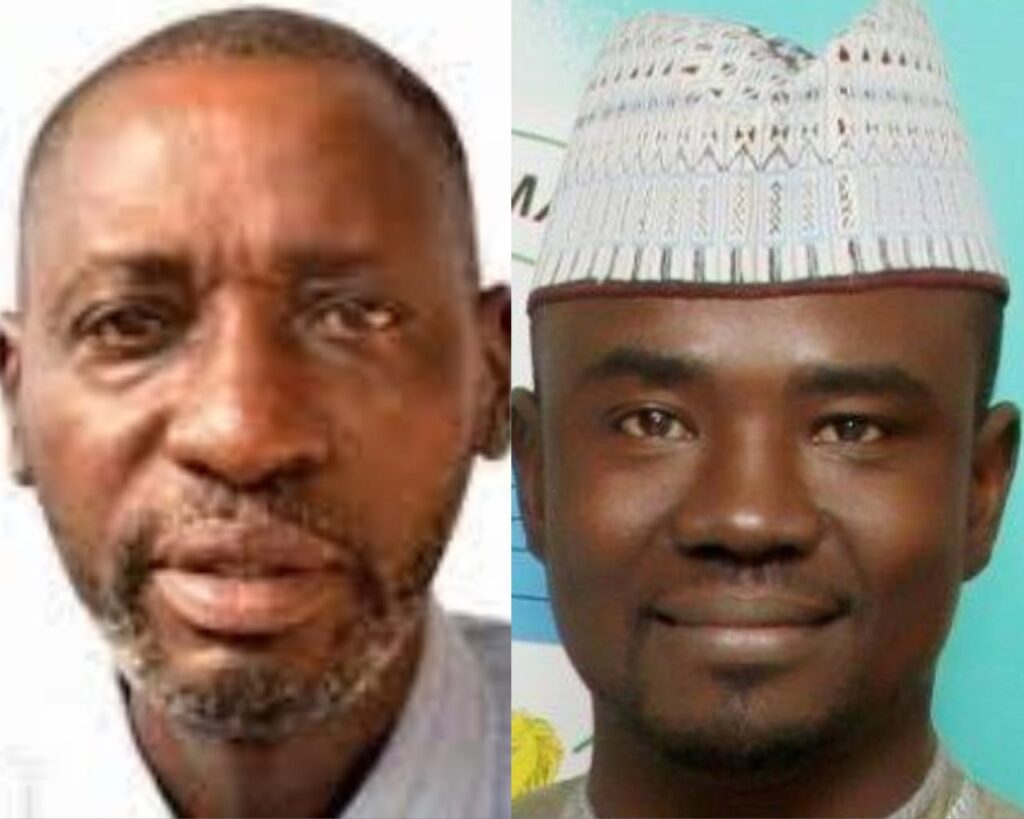By Abdul Lauya
The ongoing standoff between public relations expert and PRNigeria founder, Malam Yushau Shuaib, and the National Institute for Policy and Strategic Studies (NIPSS) has escalated into a legal confrontation with potentially far-reaching implications for institutional conduct and digital rights in Nigeria. In a strongly worded pre-action notice dated June 16, 2025, Shuaib, through his legal team, is demanding a ₦1 billion compensation for what he terms reputational damage, emotional trauma, and financial loss following his abrupt withdrawal from the elite Senior Executive Course (SEC) 47.
At the heart of the dispute are allegations of misconduct leveled against Shuaib by NIPSS, which led to his removal from the course, a prestigious training ground for Nigeria’s top bureaucrats, security operatives, and policy influencers. According to documents reviewed by Eye Reporters, Shuaib’s participation in the program began without controversy earlier this year, until tensions flared over two media publications tied to his PR firm, PRNigeria.
The first flashpoint came with the publication of a story titled “NIPSS Goes Digital: Launches Paperless Platform after Submitting Landmark Report to President Tinubu,” which NIPSS officials, notably Rear Admiral A.A. Mustapha and Barrister Nima Salman Mann, viewed as an unauthorized leak. Though the article was published under PRNigeria’s banner, Shuaib insisted he neither authored nor approved it. His legal counsel argued that the report was factual, non-confidential, and circulated widely by multiple media outlets without any breach of national security or institutional trust.
The second query, more contentious, referenced an op-ed Shuaib authored titled “Understanding the ‘Blue’ in the Blue Economy: A PR Perspective.” The article, which explored Nigeria’s maritime economic potential, bore no direct connection to NIPSS’s work. Yet, the Institute cited it as further evidence of alleged insubordination. According to the pre-action notice, NIPSS allegedly accessed Shuaib’s private email without consent to obtain the article—a move the legal team likened to cyberstalking and a violation of Section 39 of the 1999 Constitution which guarantees freedom of expression and privacy.
The notice, signed by Senior Advocate of Nigeria (SAN) Yunus Abdulsalam and addressed to the Director General of NIPSS, Professor Ayo Omotayo, catalogued what it described as “malicious, arbitrary, and extra-legal” actions by the Institute. It contended that the disciplinary process was a “fault-finding voyage” orchestrated to humiliate and eject Shuaib from the course under false pretences.
Shuaib’s legal team is demanding his immediate reinstatement into SEC 47 with full privileges, including participation in international study tours. They are also seeking a written apology from NIPSS to be shared with both Shuaib and the Nigerian Institute of Public Relations (NIPR), where he holds membership.
The ₦1 billion demand serves not just as restitution but as a symbolic rebuke to what the legal team considers institutional overreach, digital misconduct, and suppression of free speech. They have issued a 14-day ultimatum to NIPSS to comply or face full-scale litigation, including claims for aggravated damages and declaratory relief.
As of press time, NIPSS has yet to issue an official response.
ANALYSIS: A CASE THAT TESTS INSTITUTIONAL BOUNDARIES
This case could redefine how professional conduct, media freedom, and digital rights are negotiated within Nigeria’s bureaucratic elite. NIPSS, widely regarded as Nigeria’s apex think tank for policy and strategy, is being accused not just of heavy-handed discipline but of violating the very constitutional principles it is tasked to promote. The fallout may also raise critical questions about how public officials interact with the media in a digital age where control over narratives is increasingly elusive.
While the final judicial outcome remains to be seen, the case is poised to test the limits of institutional accountability and the evolving boundaries between public service and private expression in Nigeria.
For advert placement and inquiries, publication of press releases, and news coverages, please call: Phone: 08052898434 Email: editor@eyereporters.com, click here to view the advert rates.



